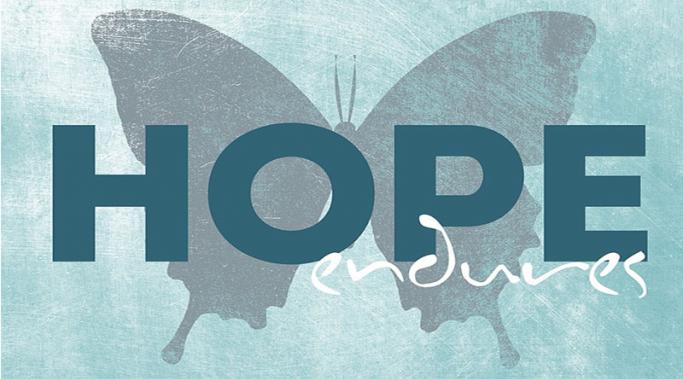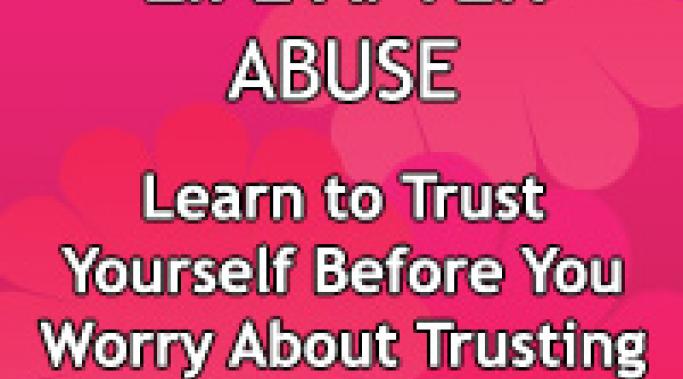Blogs
Recently my benefits got cut and it's going to take at least another month to get it straightened out. To cope with the sudden reduction on the cash scene, I've been looking for a job with limited success. I've applied at two restaurants and been told to leave my name and number, which is the equivalent of the kiss of death. Fortunately, I have a lead on a job at an ice cream shop and it looks like I'll land the interview. Which leads me to one question--how open should I be about my borderline personality disorder diagnosis?
Addiction comes in many forms: drugs/alcohol, food, sex, money, work, etc., etc. In some respects I do believe we live in an addictive society. It’s like we can never be satisfied with what we have. We have to have more. Often this can produce disastrous results. When you consider the costs associated with addiction, the losses are in the billions of dollars. Healthcare, work productivity, and the legal/penal system are overburdened as a result.
Quotes on abuse from domestic violence survivors about the abuse and leaving their abusers show us their courage and insight. But perhaps more importantly, quotes on abuse give a glimpse of the future to survivors who have not left their abusive partners. I hope you catch a realistic version of your future without your abuser within these quotes on abuse (Insightful Quotes on Abuse Issues). It isn't easy, but that new start is worth the pain of leaving.
Imagine your 15 year old son or daughter is diagnosed with muscular sclerosis, cystic fibrosis or even cancer. Likely, your friends, family and community would drop everything to be by your side.
But if your child is diagnosed with schizophrenia, they might not appear until the funeral.
Through my years of being a person with bipolar disorder I have come up with a variety of coping techniques. Many of these techniques have fancy names and are detailed in therapies like cognitive behavioral therapy (CBT). Of course, I used them long before I ever knew they had names.
And one of my current skills is thought-boxing. Or, at least, so I call it. To the best of my knowledge, this particular skill doesn’t have a name. This is a Natasha Skill. Something I developed over years of trying really hard not to let the crazy kill me.
It’s a way of controlling thoughts. It’s a way of keeping the horrendous, bipolar thoughts out of my consciousness, as much as possible. It’s a way of sidestepping all the thoughts that are, indeed, trying to kill me.
I've been feeling unmotivated as of late and I think it's time to sit down and talk about some folks who have both ADHD and a whole lot of success. I'm talking about famous people with ADHD! They're out there and it feels warm and squishy inside to know that since their dreams are reality, mine are totally possible.
Christie Stewart
For part two in my Self Injury Awareness Day video series, I sat down for a one-on-one interview with singer/songwriter Chris Pureka, the artist who provided the song “Cruel and Clumsy” for my awareness project. In the interview, we talk about using writing as a healthy coping mechanism and self-injury alternative, as well as what it’s like to write songs that deal with such deep and painful subjects, like self-harm, depression and suicide.
I felt like I couldn't trust anyone after leaving my abusive husband. I wondered to myself, "Will he abuse me?" whenever I met someone who stirred up my sexual feelings. I shied away from him (or made it impossible to create a true bond) because after living with a monster, the thought of being fooled again made me sick to my stomach. It took about five months of freedom to even consider opening myself to a relationship. When I finally did open up, the butterflies in my stomach opened and closed their wings - like steel traps. I was aflutter about a new romantic interest, but when those butterflies snapped their wings shut hard and fast, I withdrew from him. More than once. I initially thought I didn't trust other people at all, but I learned that trusting myself after that abusive relationship was the thing I needed help to relearn.
This video provides simple, easy to follow tips for addiction recovery including, having a belief in one's recovery, reaching out for help, and replacing unhealthy behaviors with healthy ones.
It’s devastating to get a diagnosis of bipolar disorder or another mental illness. It means many things to many people, but I know for me, it meant a lifetime condition and a lifetime of treatment. It honestly felt like a death sentence.
But a bipolar diagnosis doesn’t just affect the person with bipolar disorder. A bipolar diagnosis can affect their family and friends, especially if the person with bipolar disorder is younger. It’s completely understandable for a parent to wonder if bipolar disorder is a death sentence. It’s completely understandable for a parent to wonder if his or her child is going to be okay.




![MC910217009[1]](/sites/default/files/styles/blog_listing/public/uploads/2013/03/MC9102170091.png?itok=utWsS2Qv)


![MP900178828[1]](/sites/default/files/styles/blog_listing/public/uploads/2013/03/MP9001788281.jpg?itok=xe_PjdU_)